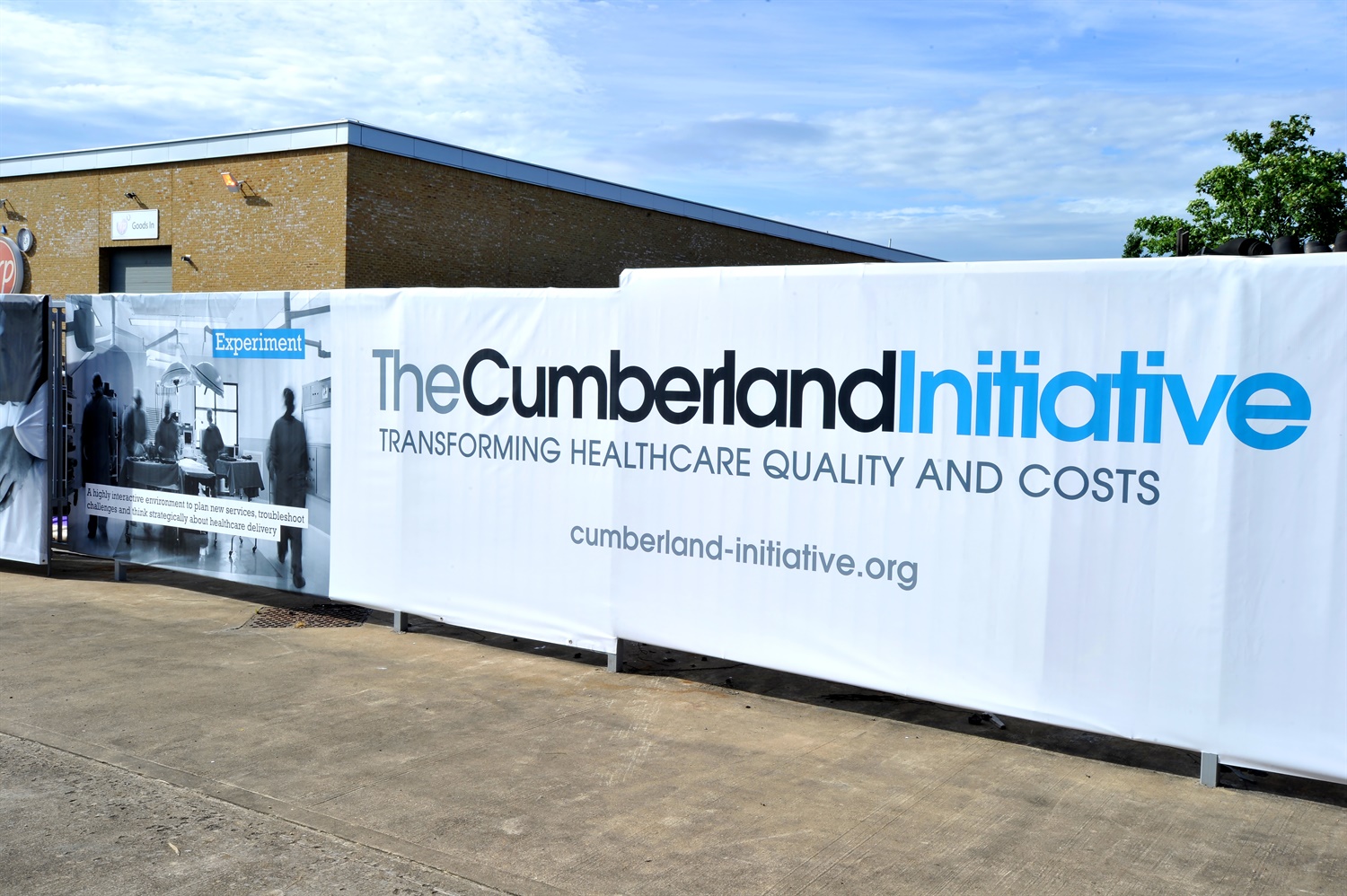02.08.15
Model hospitals
Source: NHE Jul/Aug 15
Professor Terry Young of Brunel University London, associate dean for health partnerships at the Department of Computer Science, is one of the driving forces behind the Cumberland Initiative and the push to increase NHS efficiency and innovation through systems thinking and computer modelling. The Initiative is now truly getting off the ground, Professor Young explains.
The second interim recommendation in Lord Carter’s recent review of hospital efficiency (see page 30) is to “develop a ‘model NHS hospital’ to help providers aspire to best practice across all areas of productivity”. As with good ideas – and this one is excellent – it may mean many things to many people.
Perhaps the most refreshing element of the report is its down-to-earth focus on efficiency: people’s time is the major cost in providing care, and so it makes sense to get the processes that they must follow sorted out. The report recognises how difficult efficiency is to assess, and proposes a measure to drive the quest for the best way to perform every hospital process. Hence the call for a ‘model hospital’.
Performance league tables have shown that the best routinely achieve much more, or take less time about it, or spend less in doing so, than the poorest performers, and calls to standardise practice make sense in that context. Of course, it is not as simple as that, and we recognise that the needs of served communities may make one hospital or practice, or community service, look much better or worse than its neighbours, irrespective of the quality or efficiency of care. We also know enough to be aware of hidden effects that may skew our view. And so a transparent model of a hospital would be a good way to make comparisons and assess, for instance, whether the excellence of one group’s orthopaedic offerings are subsidising, say, its stroke service.
So the existence of a model hospital would focus the discussion on the quality and efficiency of the processes themselves, provide a means of comparing processes even where patient groups or clinical areas differ, and set the business of continuous improvement on a more evidence-based footing.
Critically, it would allow staff to discuss the cost and benefit of different strategies to standardise performance: is it worth making all the staff in one hospital perform angiograms in one particular way, for instance, and if so, which way? Are there greater gains with less stress elsewhere? Finally, models allow different communities to comment on the options and to watch changes play out beyond their own fields of expertise.
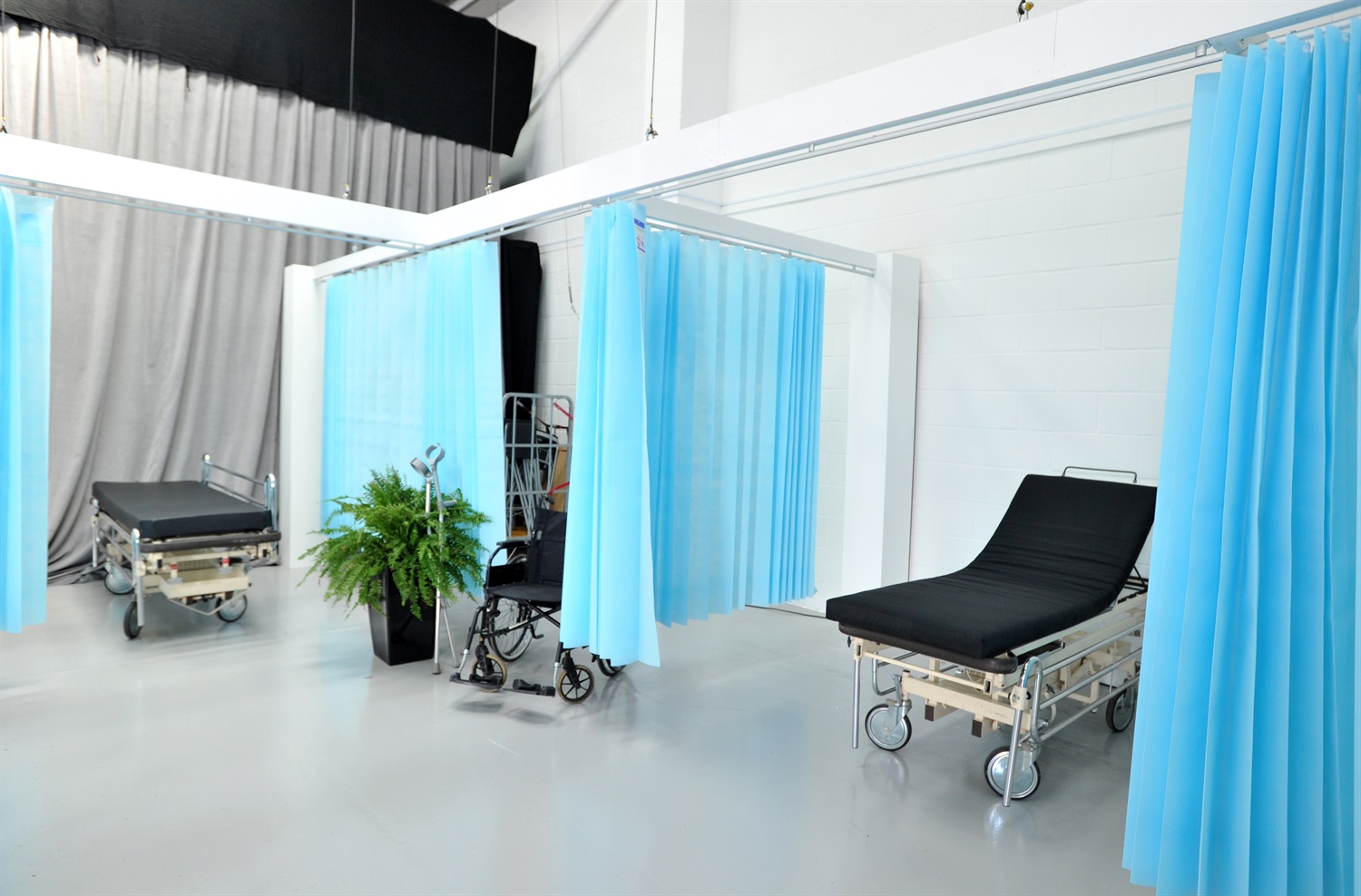
But what would such a model look like? On 30 and 31 July 2010, a group of academics and companies met at Cumberland Lodge on the Great Park at Windsor to seek something radical in healthcare delivery. With a nod to the venue, we called ourselves the Cumberland Initiative and started meeting regularly. Not long afterwards, we set ourselves twin goals:
• To transform the quality and cost of NHS care delivery through systems thinking.
• To secure significant economic stimulus through new products, systems and services.
Computer models and simulation methods (including serious-gaming and walk-through exercises) are key tools for systems thinkers, so after five years, it is heartening to discover a major review setting out a challenge in so familiar a context.
On 6 July 2015, the vice-chancellor of Brunel University, Professor Julia Buckingham, opened the Cumberland Institute: the living laboratory in which the network of Cumberland Initiative affiliates can run simulations and models at scale with large numbers of users and even patients.
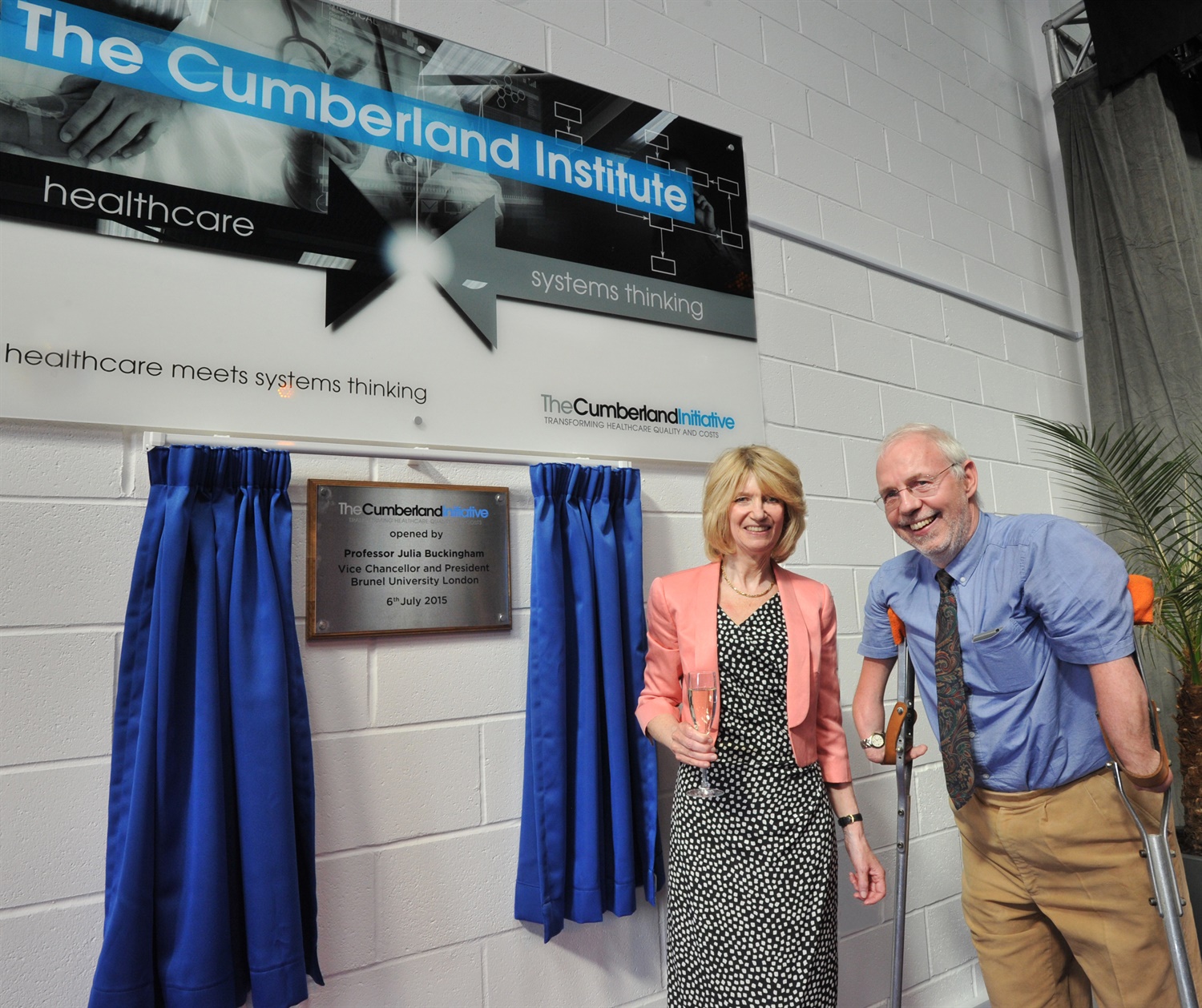
Our aim is not to set up a single all-embracing computer model that tracks everyone in the health system everywhere, minute by minute. A form of that already exists: it’s called reality, and it is too complicated for us to make predictions about even when we have great insight and many years of expert experience. Rather, we aim to socialise modelling as a way of understanding and improving process in the NHS.
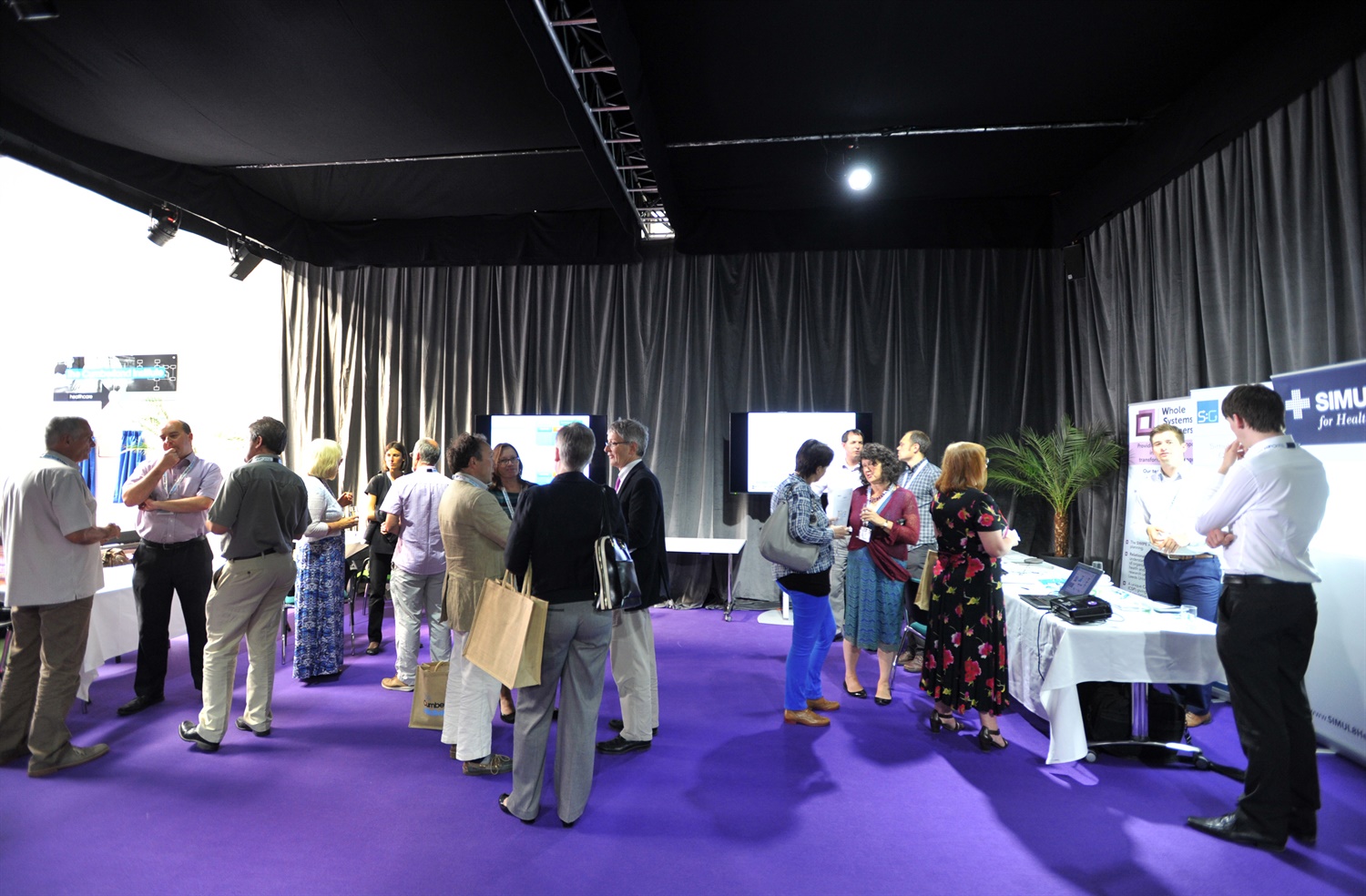
On 6 July, we brought the three key elements to achieving such a vision together under one roof. First, there were the people. Nothing will happen without people and in this case it is critical that clinicians and clinical managers lead the search for models of performance. The Cumberland brings two other communities together with the clinical: academics and companies. We may not like the terminology, but we are going to have to follow the Mayo in recognising the importance of ‘industrial engineering’ if we are to emerge with safer, more efficient processes that offer a better experience to patients.
.jpg)
The other two components were laid out in the large laboratory area – or CumberLab – computer models (in this case a game to run a hospital using a silicon engine to assess the decisions and track performance) and the physical space to accommodate 100 experts in the same room. Part of the room was mocked up to look like a part of an A&E department, but it could have been used to track services across a region such as Manchester.
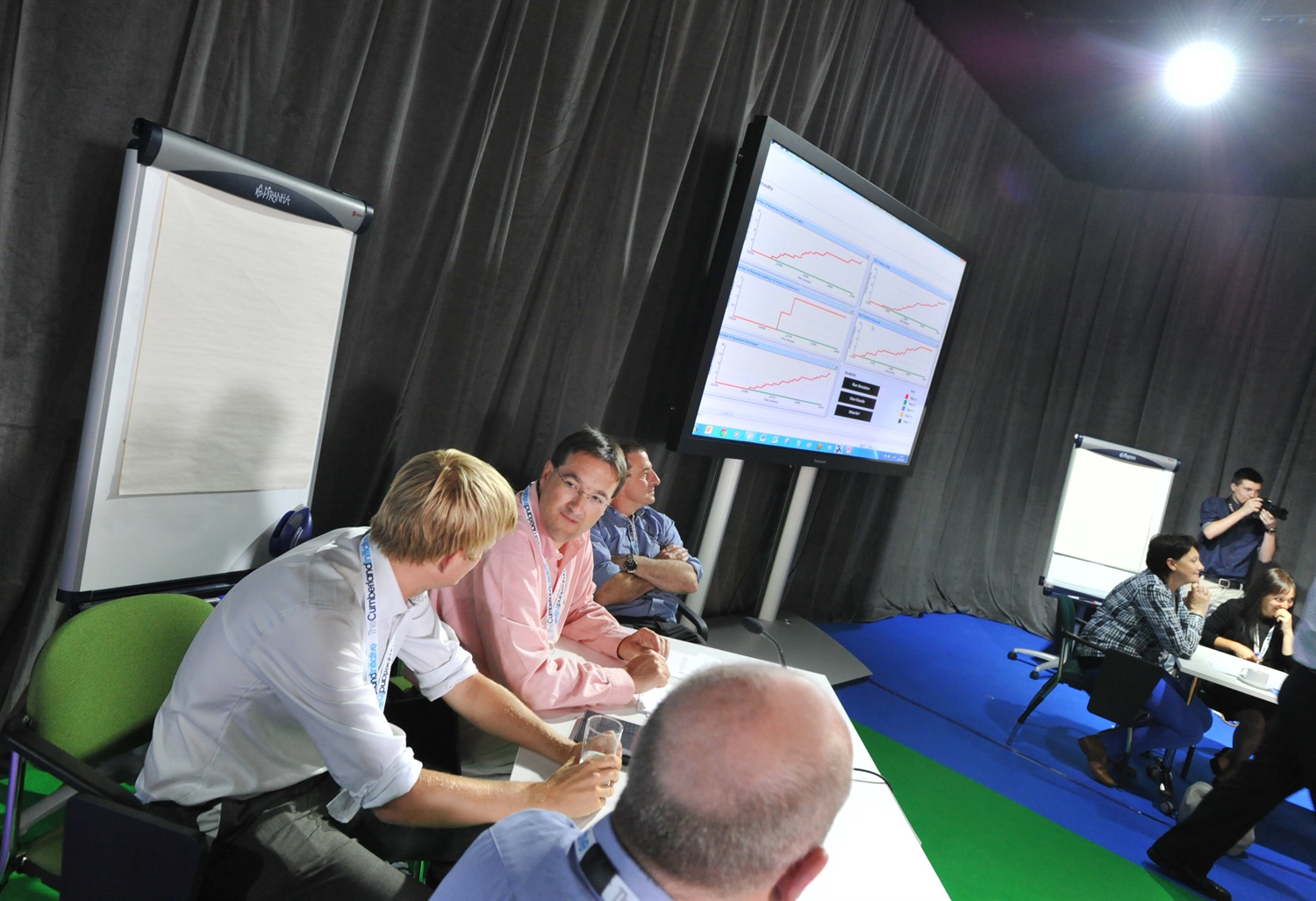
People, models and a neutral, safe, space to explore how we deliver better care. It’s not the model, not yet. But it is a great start.
